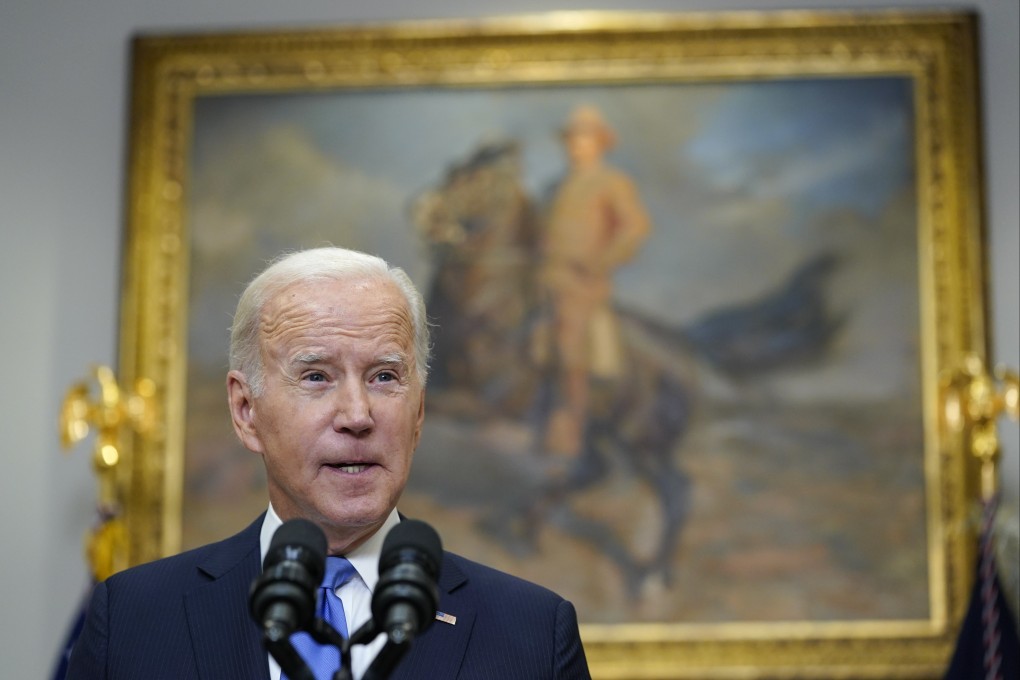My Take | Joe Biden should look to Kissinger, not JFK, for help to end Ukraine war
- The Cuban missile crisis, into which the US administration has reportedly been looking to seek guidance since Putin’s nuclear threat, is the wrong example. Kissinger’s handling of the Yom Kippur war, which guaranteed Israel a limited rather than total victory, offers a much better guide

As Vladimir Putin has threatened nuclear escalation in Ukraine, the Joe Biden administration has reportedly been studying the Cuban missile crisis. According to a report in The New York Times, “Mr Biden has been looking to help the Russian president find an ‘off-ramp’ that might avert the worst outcome. His logic came right out of the Cuban missile crisis, to which Mr Biden referred twice in his comments at a Democratic fundraiser in New York, a good indication of what is on his mind.”
It’s not clear if the Times writer was correctly interpreting Biden and his top aides. But if they are really looking for an off-ramp for Putin to save face, the crisis of 1962 is exactly the wrong place. It contributed greatly to Nikita Khrushchev’s downfall and spurred the Soviet Union, in a decade-long mobilisation, to achieve nuclear weapon “parity” with the United States.
The Cuban missile crisis
On the other hand, the Times’ reporting notwithstanding, Putin’s downfall may well be Biden’s unstated goal, regardless of his public statements to the contrary. The myths surrounding the missile crisis rather mirror those around the Ukraine war today. Consider the following parallels.
Supposedly unprovoked, the Soviets moved troops and intermediate-range ballistic missiles (IRBMs) into Cuba directly to threaten continental US. But thanks to the steadfastness of the Kennedy administration and its masterful diplomacy, Khrushchev backed off.
In reality, Khrushchev was responding to the stationing of American IRBMs in Turkey, now Türkiye, as they became operational in April 1962. (Chapter five of the Cambridge History of American Foreign Relations, Vol. 4, provides an excellent summary and analysis of the whole crisis and its aftermaths.)
